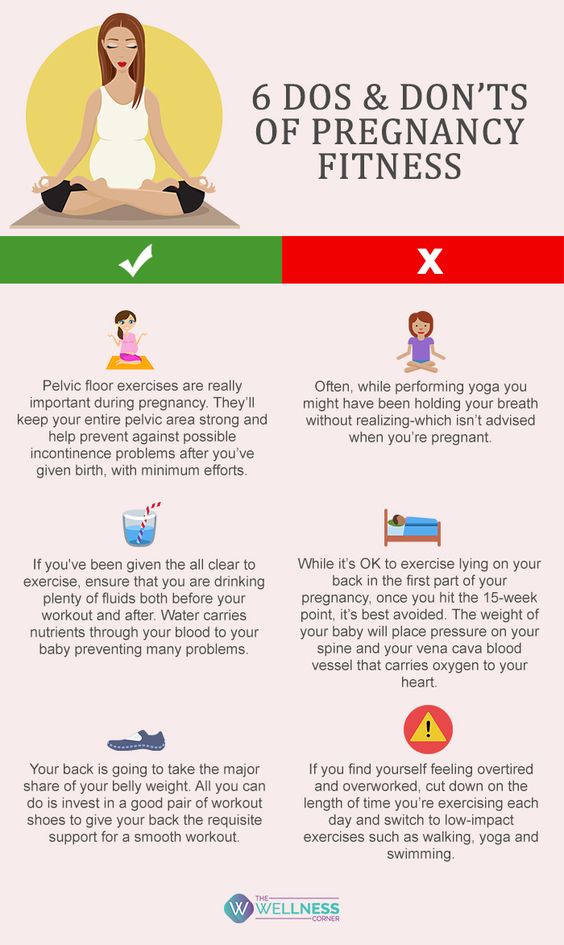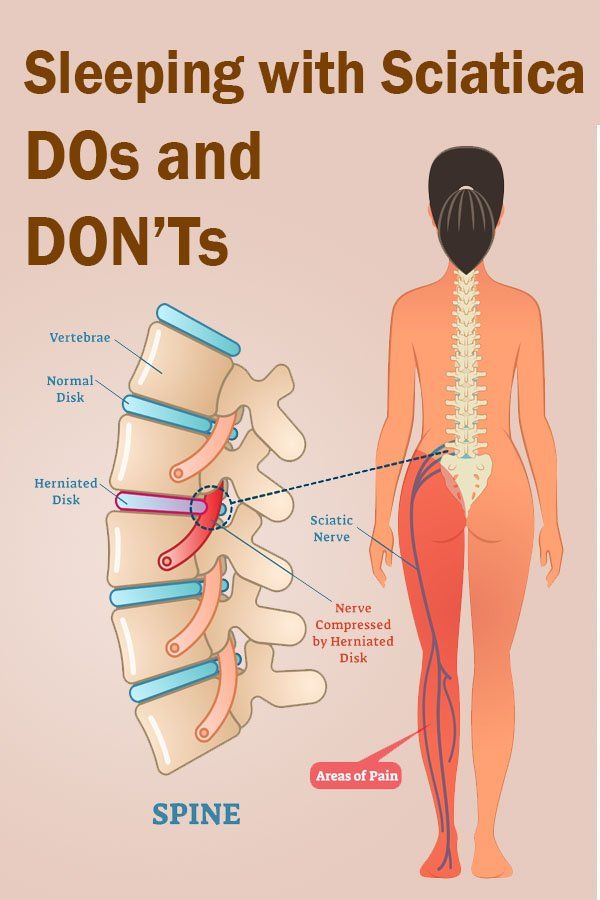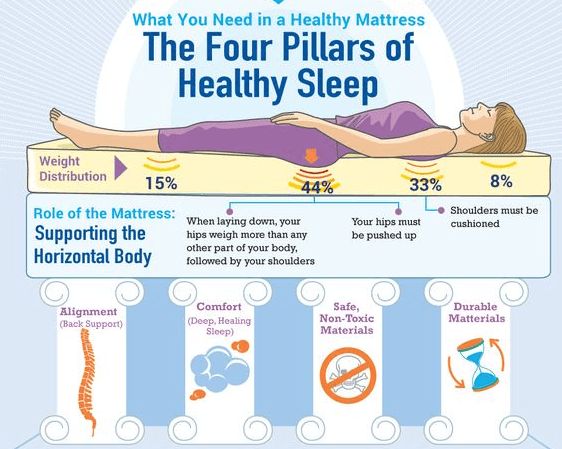Getting baby to poop
Baby constipation: Top 7 home remedies
Babies often go a long time between bowel movements. Most of the time, it is normal for a baby to go days or even more than a week without a bowel movement. However, a baby may sometimes be constipated and need a little help.
If a baby is constipated, a pediatrician may recommend using home remedies as a first-line treatment for baby constipation.
Home remedies for constipation in a baby include:
1. Exercise
Moving a baby’s legs can help relieve constipation.
As with adults, exercise and movement tend to stimulate a baby’s bowels.
However, as babies may not be walking or even crawling yet, a parent or caregiver may want to help them exercise to relieve constipation.
The parent or caregiver can gently move the baby’s legs while they are lying on their back to mimic the motion of riding a bicycle. Doing this may help the bowels function and relieve constipation.
2. A warm bath
Giving a baby a warm bath can relax their abdominal muscles and help them stop straining. It can also relieve some of the discomfort relating to constipation.
3. Dietary changes
Certain dietary changes may help constipation, but these will vary depending on the baby’s age and diet.
While breastfeeding a baby, a woman could eliminate certain foods, such as dairy, from her diet. It may take some trial and error to identify the dietary changes that help, and it is quite possible that changes in the diet will have no effect on the baby’s constipation.
For formula-fed babies, a parent or caregiver may want to try a different kind of formula. It is best not to switch to a gentle or dairy-free formula without consulting a pediatrician first. If one change does not make a difference, continuing to try different formulas is unlikely to help.
If an infant is eating solid foods, parents or caregivers should look to introduce foods that are good sources of fiber.
Many fruits and vegetables can help stimulate the bowels because of their higher fiber content. Good food choices for babies with constipation include:
Good food choices for babies with constipation include:
- skinless apples
- broccoli
- whole grains, such as oatmeal or whole-grain bread or pasta
- peaches
- pears
- plums
4. Hydration
Young infants do not typically need supplemental liquids as they get their hydration from breast milk or formula.
However, babies that are constipated may benefit from a small amount of extra liquid.
Pediatricians sometimes recommend adding a small amount of water or, occasionally, fruit juice, to the baby’s diet when they are over 2–4 months old and are constipated.
5. Massage
There are several ways to massage a baby’s stomach to relieve constipation. These include:
- Using the fingertip to make circular motions on the stomach in a clockwise pattern.
- Walking the fingers around the naval in a clockwise pattern.
- Holding the baby’s knees and feet together and gently pushing the feet toward the belly.
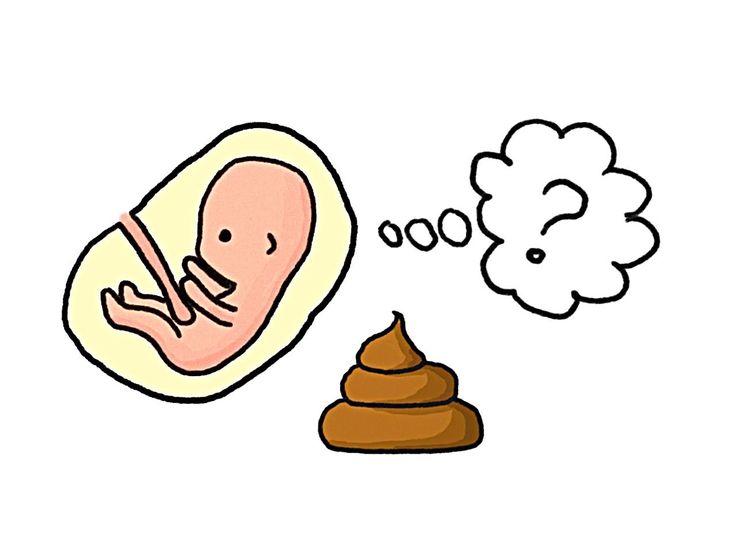
- Stroking from the rib cage down past the belly button with the edge of a finger.
6. Fruit juice
A small amount of pure apple juice can help soften stool.
After a baby reaches 2–4 months of age, they can have a small amount of fruit juice, such as 100-percent prune or apple juice. This juice may help treat constipation.
Experts may recommend starting with about 2–4 ounces of fruit juice. The sugar in the juice is hard to digest. As a result, more liquid enters the intestines, which helps soften and break up the stool.
However, a parent or caregiver should not give fruit juice to a baby for the first time without consulting their pediatrician.
7. Taking a rectal temperature
When a baby is constipated, taking the baby’s rectal temperature with a clean, lubricated thermometer may help them pass stool.
It is important not to use this method very often, as it can make constipation worse. The baby may start not wanting to pass a bowel movement without help, or they may begin to associate having a bowel movement with discomfort, leading them to fuss or cry more during the process.
Anyone who feels as though they often need to use this method to help the baby have a bowel movement should talk to the baby’s doctor.
As infants may go for extended periods without a bowel movement, it can be hard to tell if they are constipated. Signs that indicate constipation in a baby include:
- infrequent stools that are not soft in consistency
- clay-like stool consistency
- hard pellets of stool
- long periods of straining or crying while trying to have a bowel movement
- streaks of red blood in the stool
- lack of appetite
- a hard belly
Signs of constipation in babies vary depending on their age and diet. A normal bowel movement before a baby begins eating solid food should be very soft, almost like the consistency of peanut butter or even looser.
Hard baby stool prior to solid food is the most obvious indication of constipation in babies.
At first, breastfed babies may pass stool often since breast milk is easy to digest.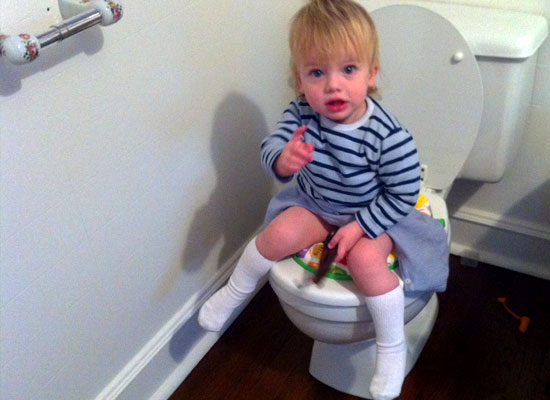 However, once a baby is between 3 and 6 weeks old, they may only pass a large, soft stool once a week and sometimes even less.
However, once a baby is between 3 and 6 weeks old, they may only pass a large, soft stool once a week and sometimes even less.
Formula-fed babies tend to pass stool more frequently than breastfed babies. Most formula-fed babies will have a bowel movement at least once a day or every other day. However, some formula-fed babies may go longer between bowel movements without being constipated.
Once a parent introduces solid food to a baby’s diet, a baby may be more likely to experience constipation. A baby may also be more likely to become constipated if a parent or caregiver introduces cow’s milk (other than formula) to their diet.
Share on PinterestA doctor should assess a baby with ongoing constipation.
It is advisable to call a pediatrician if a baby has not passed a stool after a day or two and there are other signs present, such as:
- blood in the stool
- the baby seems to be irritable
- the baby appears to have abdominal pain
- there is no improvement in the baby’s constipation after taking steps to treat it
Treatment typically starts with home remedies. If home remedies do not work, a doctor may examine the baby and, in rare cases, prescribe medications, such as:
If home remedies do not work, a doctor may examine the baby and, in rare cases, prescribe medications, such as:
- laxatives
- enemas
- suppositories
People should never give these medications to a baby unless a doctor prescribes them.
Constipation can lead to discomfort and irritability in a baby. People can try several at-home methods to help alleviate constipation.
If symptoms do not improve, it is best to speak to the infant’s pediatrician for additional strategies.
Read the article in Spanish.
Your Baby's Not Pooping but Passing Gas? What You Should Know
Congratulations! You have a new little person in the house!
If you’re a newbie parent you might be feeling like you’re changing your baby’s diaper every hour. If you have other little ones, you already know that a diaper can tell a lot about a baby’s well-being, but that babies — like adults — can sometimes have common plumbing issues.
If your baby is not pooping but passing gas, don’t worry.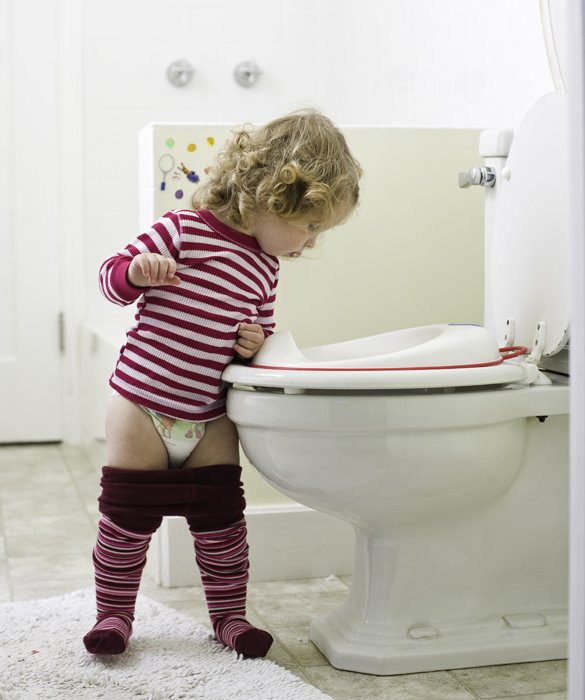 Your baby is still getting the hang of this thing called digestion. This is a normal part of being a baby.
Your baby is still getting the hang of this thing called digestion. This is a normal part of being a baby.
There are several reasons why your baby might not be pooping. This can be uncomfortable for them (and you) but in most cases it’s not a reason to worry. Here’s what to know and what to do about your baby’s gassiness and lack of poop.
In contrast to the early newborn days when it seems every diaper change is a poop, your baby will naturally poop less as they get to be a few weeks to several months old.
There is a range of healthy when it comes to how often a baby should poop. As long as your baby is feeding normally and gaining weight (1 to 2 pounds a month), don’t worry about the number of poops.
Some babies 2 months or older poop once a day or more often. Other babies poop once every few days or even once a week. Even if your baby is pooping less frequently, their poop should be soft and easy to pass when they do go.
Breastfeeding, formula, and solids
Pooping frequency depends in part on what your baby is eating.
If your baby is only being breastfed or chestfed they may not poop every day. This is because their body can use up almost all the components of breast milk for nutrition and there is very little left that needs to be eliminated. After the first 3 to 6 weeks or so, they can go even a whole week without a poop.
If your baby is formula-fed they should poop at least once every couple of days. But some babies poop every day, while some poop more often, up to several times a day. This is all within the typical range.
Because the look of your baby’s poop can vary, it can sometimes be hard to tell when a baby has diarrhea. Signs that there could be a problem include pooping more than once per feeding, or poop that is getting more watery over time. If you notice any of these signs, talk with your baby’s pediatrician or doctor.
Once your baby starts eating solid food, it’s a whole new game! You’ll soon learn which foods might give your baby gassiness without pooping and which their digestive system seems to poop out almost too quickly.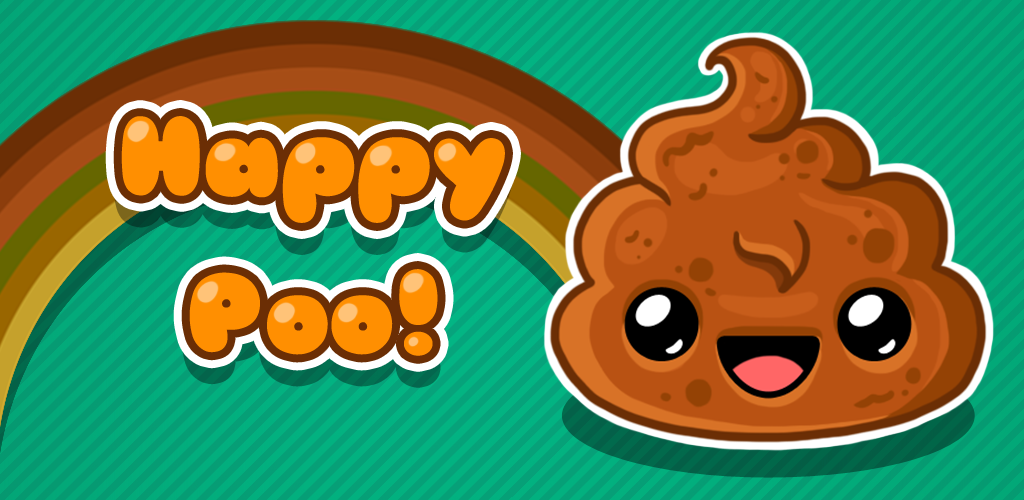
Color and texture
Pooping the rainbow is pretty normal for a baby. Different textures and smells are also completely normal.
In fact, your baby’s poop may move between several shades of brown, yellow, and green, depending in part on what they’re eating.
Chalky, red, or black poop might mean that there is a health issue. If you notice these changes, talk with your baby’s pediatrician immediately. You should tell your doctor or pediatrician if you notice blood in the poop, or if your baby looks sick.
Straining to poop
Don’t worry if your baby appears to be straining to poop. Straining while pooping is typical for young babies. This is because they are still learning how coordinate the muscles needed to poop.
Babies also spend a lot of time lying down, so gravity isn’t on their side to help pass poops!
But if your baby’s poops become hard or dry, talk with your pediatrician.
If your baby is formula-fed, poops less than once a day, and appears to be straining, this is another reason to talk with a doctor. It could be a sign of constipation.
It could be a sign of constipation.
A baby can sometimes get a little stopped up or constipated. In fact, up to 30% of children get constipated pretty regularly. This can make your baby pass gas (fart), even though they are not pooping. When they do go, the stool is hard.
On the other hand, your baby might get gassy in between poops, without constipation. There are several common reasons why this might occasionally happen. Babies sometimes swallow air, which can lead to gas.
Some babies are just naturally gassy, just like they’re naturally cute. Sometimes a baby with stinky gas is just a baby with stinky gas. But if your baby seems to be having gas pains, bring it up with your pediatrician.
Breastfed babies
The good news is that babies who breastfeed or chestfeed are less likely to get constipated, because breast milk is generally easier to digest than formula.
If you’re nursing your baby, changes in your milk might have something to do with your baby’s poop frequency.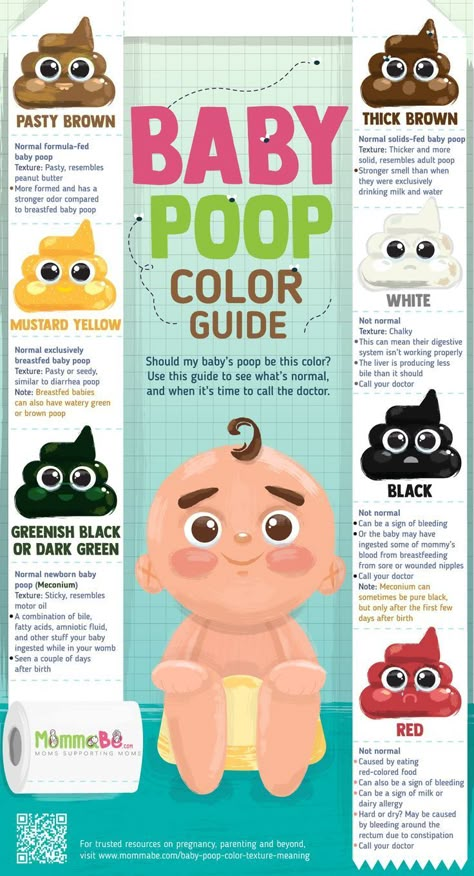 Around 6 weeks after birth, your breast milk has little or no trace left of a yellowish substance called colostrum. Colostrum contains extra protein, antibodies, and other nutrients.
Around 6 weeks after birth, your breast milk has little or no trace left of a yellowish substance called colostrum. Colostrum contains extra protein, antibodies, and other nutrients.
This liquid is one part of your breast milk that helps to give your newborn baby’s immune system a boost against germs. Colostrum may also work like a laxative, helping your baby poop in the first few weeks of life.
This may be one reason newborns poop several times a day. When there’s less colostrum — or none — your baby may have fewer poops.
Formula-fed babies
If your baby is feeding on formula, they might get gassy if they swallow air with feeding or if you change the kind of formula you use. A baby’s new digestive system can be finicky like that.
Some amount of gas is normal for all babies, and some babies just naturally pass more gas. If your baby is gassy, it doesn’t necessarily mean there is an issue or that you need to change anything to “fix” it.
If your baby is happily gassy and not showing symptoms of constipation or other issues, it’s fine to just let them be.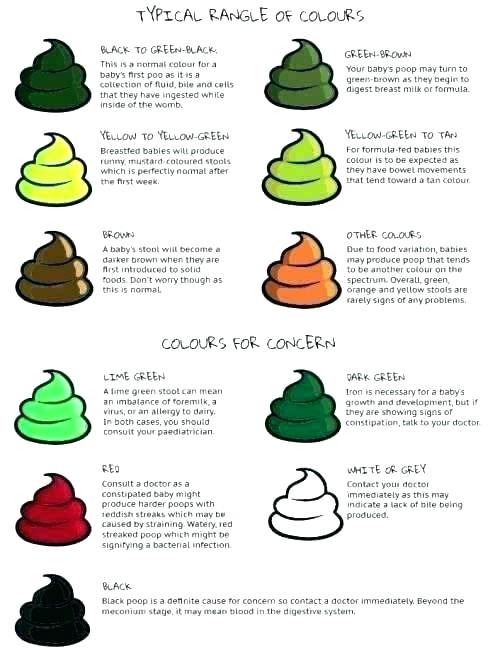 But if your baby seems to be in pain due to gas, discuss it with your pediatrician.
But if your baby seems to be in pain due to gas, discuss it with your pediatrician.
Solids
When your baby starts trying solid foods, they might get gassy without pooping all over again. Introducing solid foods and new foods to your baby can cause little digestive hiccups.
It’s best to introduce new foods one at a time. This can help you pinpoint sensitivities or foods that cause gassiness or pooping issues for your little one.
If your baby is gassy but not pooping, check for other signs and symptoms of constipation:
- excessive crying or irritability
- decreased appetite
- severe straining or turning red without pooping
- small hard poops (when they do poop)
- dry poop (when they do poop)
In most cases, your baby’s gassiness and constipation will resolve on its own as their digestive system figures things out. Sometimes, you might need to give it a little nudge.
Call the doctor
If your newborn baby (under the age of 6 weeks) is not pooping at all or very rarely pooping, see your doctor immediately. In rare cases, not pooping can be a sign of an underlying health issue. Check for other symptoms like:
In rare cases, not pooping can be a sign of an underlying health issue. Check for other symptoms like:
- vomiting
- refusing feeds
- excess crying
- stomach bloating
- arching their back like they are in pain
- fever
- blood in the stool
Any time you notice blood in your baby’s stool, it’s important to talk with your doctor right away.
Babies who are older than 6 weeks will occasionally be constipated. Call your doctor if your baby has not had a poop for longer than a week or if they get constipated with hard stools more than once or twice.
Home treatments
Ask your doctor if you should try home remedies for your little one, like:
- liquids: If your baby is over 6 months old (age is important here!), you can give them a few ounces of water. For babies at least 1 month old, you can talk with your doctor about giving them a small amount apple or pear juice — 1 ounce for each month of age, up to 4 months.
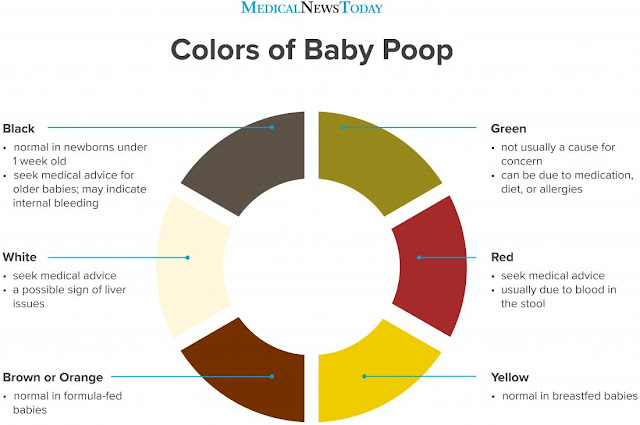 These juices have a natural sugar called sorbitol that is also a laxative. Drinking this might help soften your baby’s poop. Babies who are eating solid food can have prune juice.
These juices have a natural sugar called sorbitol that is also a laxative. Drinking this might help soften your baby’s poop. Babies who are eating solid food can have prune juice. - food: If your baby is eating solids, give them fiber-rich foods to help pass the poop. Try puréed prunes, sweet potatoes, or fruits. Fiber-rich foods might make your baby gassy, but they often help with the poop!
- exercise: Your baby might just need to get moving to help them poop! Moving your baby’s legs as in a bicycle motion may help rev their digestion engine. You can also try holding your baby up so they are “walking” in your lap.
- massage and a warm bath: Try massaging your baby’s stomach and body. This can help relax them and get their digestion moving. You can also try a warm bath to help them relax.
- medications: If none of the changes in feeding, diet, or exercise help with the constipation, your doctor might recommend trying an infant glycerin suppository.
 These have to be put into your baby’s rectum, but they may be relieved and sleep peacefully when they can have a good poop! But be sure to talk with your baby’s doctor first if you are considering this option.
These have to be put into your baby’s rectum, but they may be relieved and sleep peacefully when they can have a good poop! But be sure to talk with your baby’s doctor first if you are considering this option.
If your baby is gassy but not pooping, don’t worry. These common symptoms are normal in babies as they learn how to feed and digest food. Your baby might be constipated.
Call your baby’s pediatrician immediately if your newborn baby (under 6 weeks old) is not pooping at all. Also call if your baby (of any age) has constipation for longer than 5 to 7 days or if they also have other symptoms.
child is afraid to poop (psychological constipation)
Psychological constipation in a child is a much more common problem than you might think.
Most common at an early age. Such a phenomenon as physiological constipation occurs in almost all people at least once in a lifetime.
And as a result of “ordinary” constipation, psychological constipation may appear, i. e. the child is afraid to poop.
e. the child is afraid to poop.
I would like to draw your attention to the fact that when a child does not poop in a pot, but poops calmly in a diaper, these are different things. There is a separate article about this “The child is afraid of the pot”
Why does psychological constipation appear in children?
I talked about the reasons in detail on the video here: WATCH THE VIDEO
As a result of problems with digestion and constipation, it becomes painful for the child to go to the toilet.
As a result, there is a fear of defecation. The kid is afraid that the next time it will also hurt, it pinches, endures to the last, maybe even crap one's pants.
As a result, this provokes constipation in the child again, and again pain. Vicious circle.
In some children, this fear is not expressed and disappears by itself gradually. For other children (and their families) becomes a real problem for a long time.
Children under the age of 4 are especially susceptible to psychological constipation.
After all, it is much more difficult for a child of 2 or 3 years to explain how the process of digestion occurs, and why exactly it hurts with constipation.
A child is afraid to poop just because he does not understand why it hurts - this is the main cause of psychological constipation in children.
What can a parent do if a child is afraid to poop?
- Normalize the child's nutrition.
The baby should have enough liquid, for prevention, eat kiwi, beets, prunes, etc.
The main task is to normalize the physiology, this is the first step. - Very often well-intentioned parents exacerbate the problem with their excessive concern.
The "potty" question becomes more relevant for them than anything and everything.
How it looks from the outside: Mom comes home from work: “Hi, how are you? Did you poop?
Fixation on a problem always makes it worse!
In addition to the fear of pooping, the child develops the fear of upsetting the mother.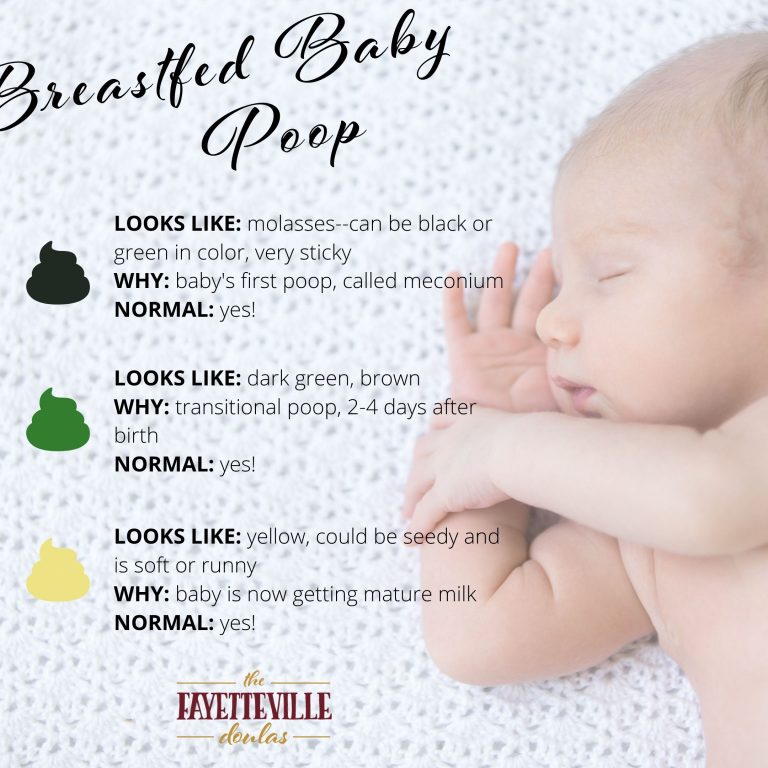 ..
..
Conclusion: do not ask the child if he wants to go to the toilet all the time, but better not ask at all. Even if the child wants to poop, he will still say “no”, because he is afraid to do it. - There is a good way to get rid of this fear: play potty theme in a role-playing game .
Let your child's favorite toy be afraid to poop, and you and your baby will help her.
In the game, children learn everything much better. In general, most likely, the child will really like to play “constipated” with toys, because this topic worries him very much.
He can play the same story ten times - this is normal.
After all, we adults do exactly the same thing, only in our heads. We replay situations that worry us over and over again, trying to find a way out of it.
The child simply cannot do the same without visual reinforcement. - Important calmly respond to the child's mistakes .
Do not scold, do not lament, just change the linen, and that's it.
This is necessary so that the child, in addition to the fear of pain, does not have the fear of being punished, of upsetting the parents. - Explain the physiology of digestion to your child in a language he understands.
It can be a book about body structure for children, it can be a fairy tale or a game. - You can think up and tell a fairy tale on this topic. In the future, remind the child: "Do you remember, like in a fairy tale." Those. do not lecture him, do not itch in the ear, but give an example of a successful solution to the problem. You can find an example of a fairy tale here
Remember that there is nothing terrible and shameful in this problem!
As a practicing child psychologist, I can say that people come to me with a similar problem very often. And most of the time it's resolved fairly quickly.
If you do not have the opportunity to quickly turn to a good child psychologist, then you can use my master classes for parents and professionals.
Click on the picture and go to its description
The main thing is not to hang your nose, follow the recommendations described above, and the child's psychological constipation will be defeated!
The child is afraid to poop | What to do if a child is afraid to poop
All articles
Children05/01/2019
I even got the hang of walking with a candle in the anus.”
“Dasha walks mostly only in shorts. I think I've tried everything: explanations, games, books. It all started when she was 3 years old, and I began to catch her and put her on the potty. A cry rises, as if they are cutting her - they are killing her: “The pot is terrible!” After such attempts, the daughter does not poop for three days. I let go of the situation for a month, I try again and I understand that I will soon turn gray from her scream. Is there a way out of this impasse?”
There are many such situations.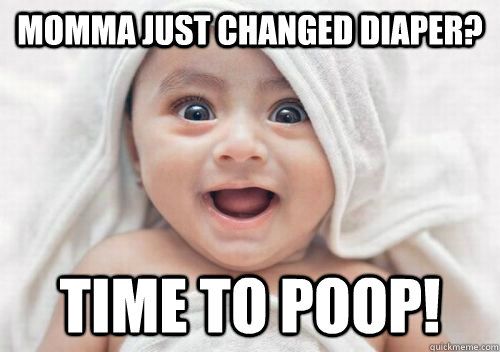 Children who are constipated may develop a fear of defecation, further exacerbating the problem. In addition, the situation is often accompanied by increased anxiety. How to break this vicious circle? An analysis of the causes and working recommendations are further down the course.
Children who are constipated may develop a fear of defecation, further exacerbating the problem. In addition, the situation is often accompanied by increased anxiety. How to break this vicious circle? An analysis of the causes and working recommendations are further down the course.
. Someone refuses to defecate in the right place, because he is afraid of what happens to him and what can be seen later. It is in our nature to fear the incomprehensible, the new. And a child at 2 years old is just beginning to realize himself, to recognize his body along with its functions.
Some people are afraid of the toilet articles, they think that there is a danger in them, how can you make friends with “those”?!
Some people are afraid of the process of defecation, often for physiological reasons: it hurts, it hurts, it presses... And when the baby still piles into his pants, then instead of a victorious “Hurrah! Everything worked out!” he receives a portion of adult discontent.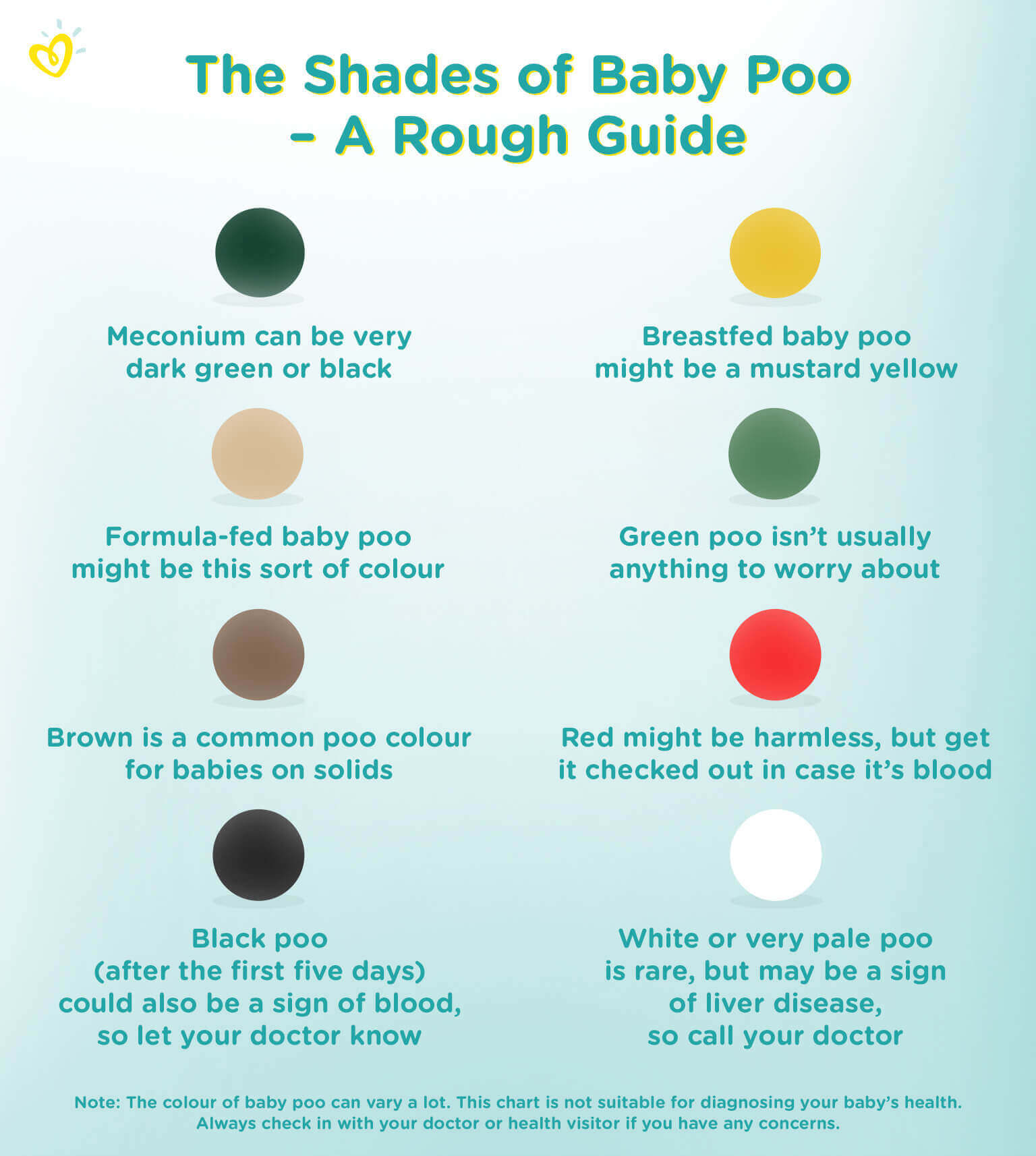
A lot of negative things happen with regular suppression of bowel movements:
-
thickening of the feces (megacolon), which will subsequently cause severe discomfort during inevitable evacuation from the intestines
-
stretching of the walls of the rectum. It entails the absence of emptying signals. Treated surgically.
-
absorption of toxins from the rectum into the blood, which is essentially self-poisoning.
-
loss of bowel sensation, which over time can lead to incontinence.
With constipation that has become a habit, parents and doctors note a decrease in immunity (frequent SARS), nausea or vomiting, headaches, a rash in the buttocks or on the forehead and temples. For preschoolers - at 5 years old, at 6 years old - and even schoolchildren, this can lead to rapid fatigue, inattention, and learning problems.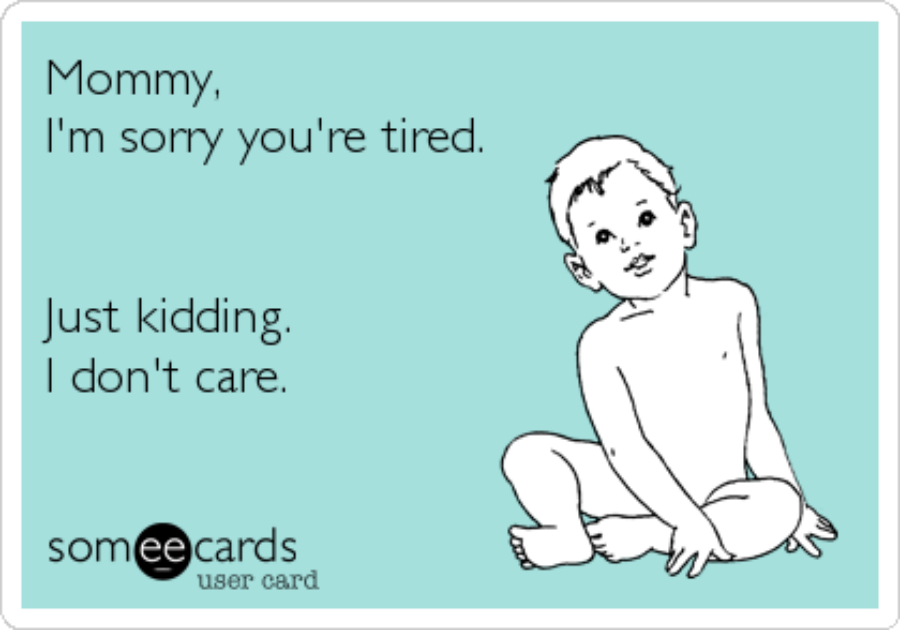
Many mothers notice that their son (daughter) perfectly uses toilet articles for their intended purpose at home, and is afraid to poop in kindergarten. Moreover, this fear can spread to all public places, at a party and at school. This is natural in an unusual environment and is due to the natural shyness of a small person. After all, it is not always and everywhere possible to retire, completely relax.
Quite often a child who is accustomed to the potty, having matured, cannot part with it because he is afraid to poop into the toilet. And he prefers to “disgrace himself” in his pants than to go to the persuasion of his parents and use the toilet. Adults do not understand that he is afraid to fail and be washed away by water. This is due precisely to the psychological fear of the toilet room, although perhaps he is simply not ready to grow up.
The most important thing is that a healthy child should have daily and normally formed stools (sausage).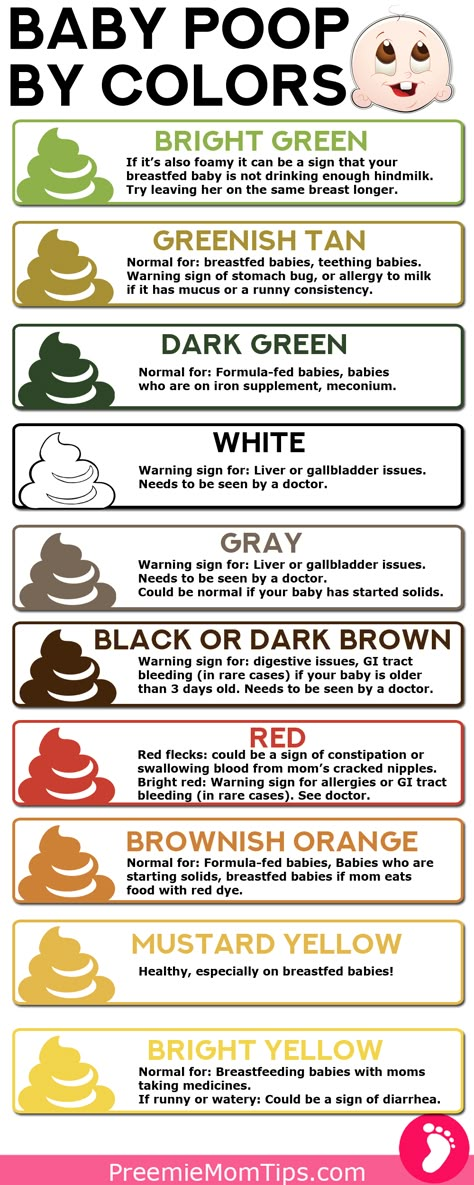 All deviations from this rule on a regular basis are symptoms of problems in the gastrointestinal tract or in the psycho-emotional area. Unpleasant sensations that appear at least once during a bowel movement can pretty scare the baby and complicate the task of potty training for a long time. But worst of all are conflicts with adults on this basis.
All deviations from this rule on a regular basis are symptoms of problems in the gastrointestinal tract or in the psycho-emotional area. Unpleasant sensations that appear at least once during a bowel movement can pretty scare the baby and complicate the task of potty training for a long time. But worst of all are conflicts with adults on this basis.
Excessive attention of parents to the topic of toilet can do harm. Of course, mom wants to quickly survive the period of dirty panties. But in this case, neither haste nor aggression will lead to good. If the little one is strongly scolded for soiled panties or taught to go to the toilet “like everyone else” too persistently and aggressively, then this can become a real psychological problem that accompanies fear and protest.
For more information about the psychological causes of fears and rejections in this situation, see the article “Why a child is afraid of the pot.”
WHAT TO DO IF THE CHILD IS AFRAID TO POOP
If a small person holds a stool, cries from the desire and inability to poop, or vigorously resists a painful bowel movement, consult a pediatrician, gastroenterologist, to rule out a medical cause.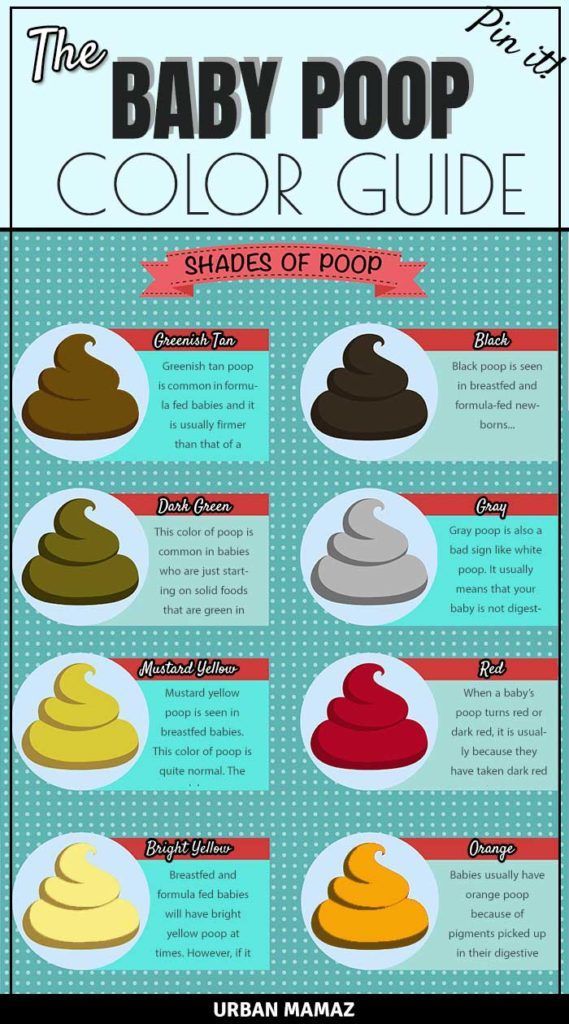 After all, this happens with intestinal diseases, and with rickets, and with hypothyroidism. It is necessary to seek professional help, and not self-medicate.
After all, this happens with intestinal diseases, and with rickets, and with hypothyroidism. It is necessary to seek professional help, and not self-medicate.
The sooner constipation is diagnosed, the easier and more effective the treatment. Usually, a diet combined with laxatives perfectly eliminates the problem of bowel function. Keep in mind that the appearance of constipation is favored by a lack of foods with vegetable fiber in the diet. And an excess of animal proteins and fats in food exacerbates the situation, contributing to a greater hardening of feces.
So, the first step to overcome constipation, fears of emptying is to normalize nutrition:
-
diet by age
-
complete nutrition for proteins, fats and carbohydrates, vitamins and minerals
-
compliance with the diet (at least 4-5 times a day at certain hours)
-
enough liquid (at least 2-3 glasses of clean water per day!)
For the prevention of constipation and the successful fight against them, you need fruits and vegetables in sufficient quantities, raw or boiled (baked).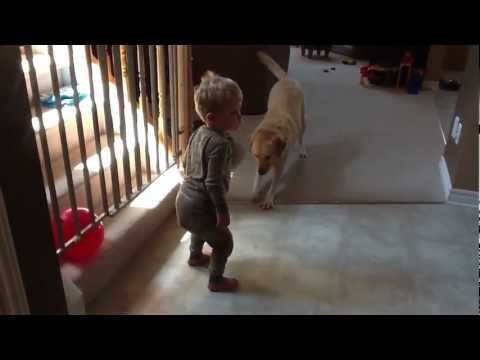 Kiwi, apricots, oranges, plums, apples, beets and carrots, zucchini have proven themselves best. Whole-grain cereals (wheat, barley, buckwheat, oatmeal, brown rice, quinoa) and wholemeal bread are useful.
Kiwi, apricots, oranges, plums, apples, beets and carrots, zucchini have proven themselves best. Whole-grain cereals (wheat, barley, buckwheat, oatmeal, brown rice, quinoa) and wholemeal bread are useful.
Fresh one-day kefir (it would be nice to have your own production) or yogurt based on bacterial sourdough, which improves intestinal microflora - this is what you need if there are no problems with milk digestion! Use vegetable oil, avoid giving your little one black tea, cocoa, jelly, rice and semolina, pasta, fast food and other unnecessary snacks.
Some more current physiology recommendations:
-
A good habit is to have a daily bowel movement in the morning. Adjust your chair naturally. With such a ritual, life is simplified and accustoming is accelerated.
-
Abdominal massage (circular movements with a cam in a clockwise direction).
-
Vacuum (retracting the tummy on exhalation), performed strictly on an empty stomach.
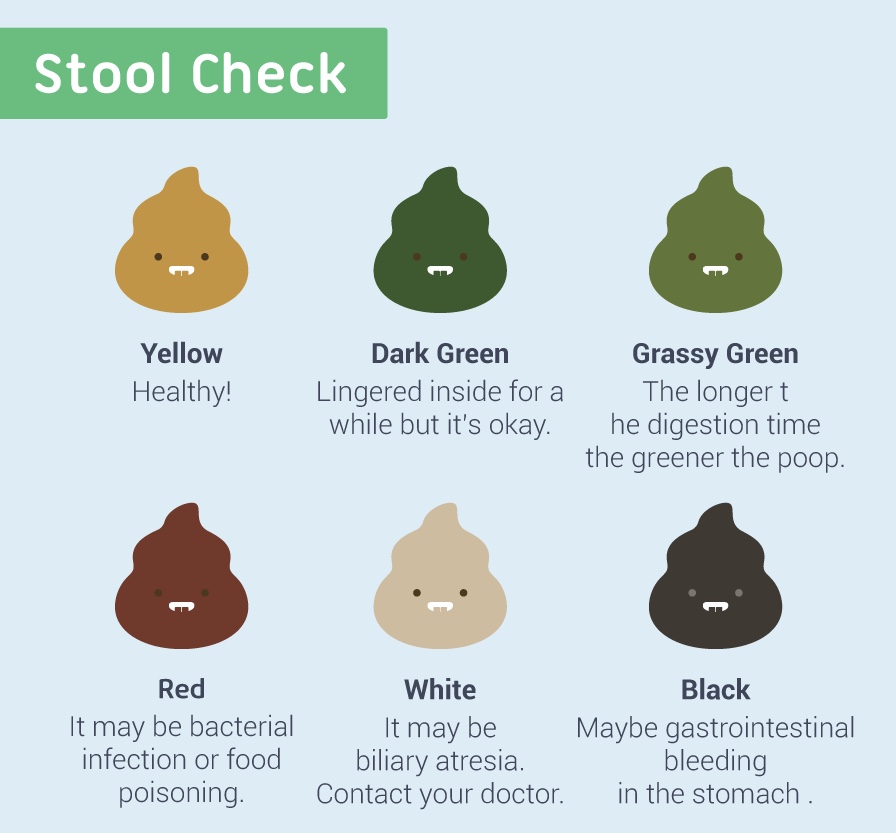
-
Enough physical activity. Squats, bends, abdominal exercises, belly dancing and more.
One of the most common mistakes parents make is to potty train their child too early. After all, only by 1.5 - 2 years he will be able to control the processes of his body. It is useless and dangerous to insist on one's own, to scold and get angry at the little one - it is so easy to harm his psyche. The usual childhood fear can develop into a problem of psychological constipation, which will have to be treated.
Pediatricians and psychologists believe that one should not focus on the toilet issue and make friends with a plastic friend. “You won’t be forced to be nice,” says folk wisdom. Everything we want to teach a kid should be presented in a playful way . We stock up on a good mood, calmly and cheerfully introduce our son (daughter) to the process of emptying through books, drawings, toys.
According to one mother, she and her husband came up with the idea to draw on the tummy of their son with a marker the image of the small and large intestines (as in an anatomy textbook). The little one liked it so much that he learned to poop where necessary almost immediately. True, dad and mom had to paint their tummies at the insistence of their son. Nevertheless, the goal was achieved with the least losses!
A good way to remove fear is to play a role-playing game with the child on the topic “bunny is afraid to poop”. This will allow him to scroll through - to experience the topic that excites him several times and learn the necessary information. After all, together you help the bunny overcome his fear, find a way out in a difficult situation, draw the right conclusions.
Learn to calmly respond to your child's unsuccessful attempts to urinate on the potty. Shouting, let alone shaming is unacceptable! The fact is that one fear may be joined by another - upset parents or be punished.




